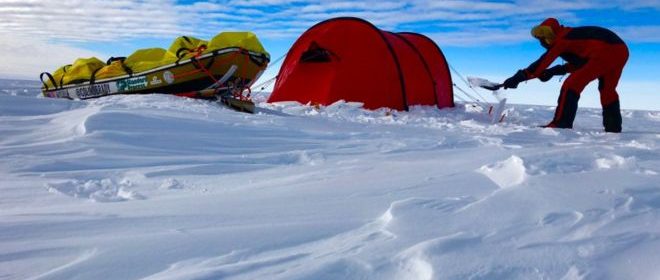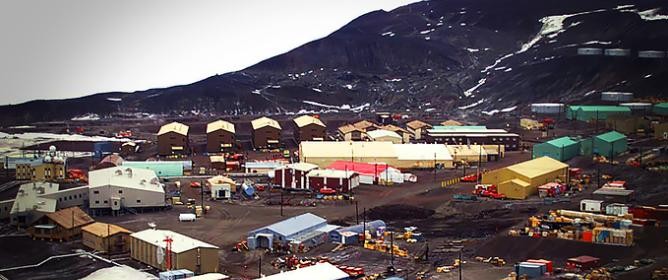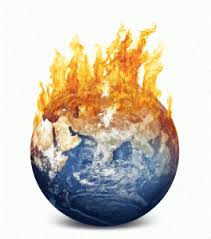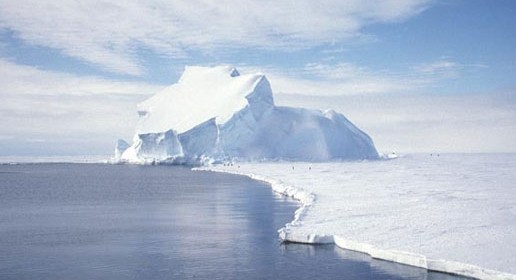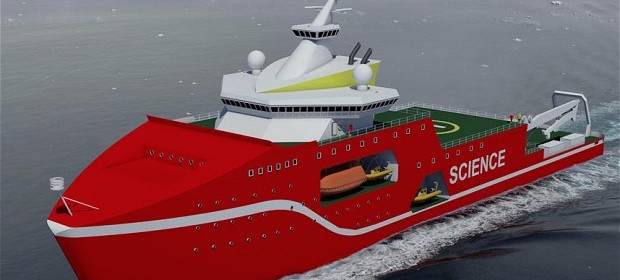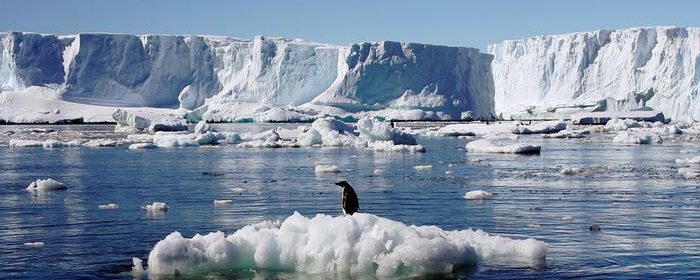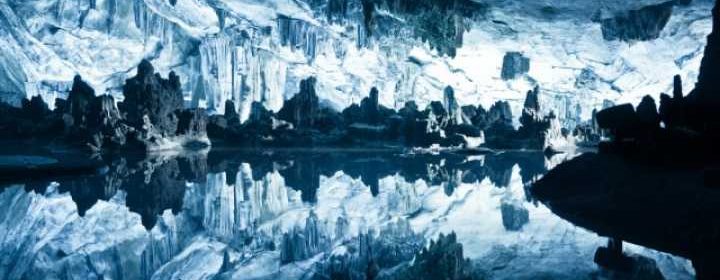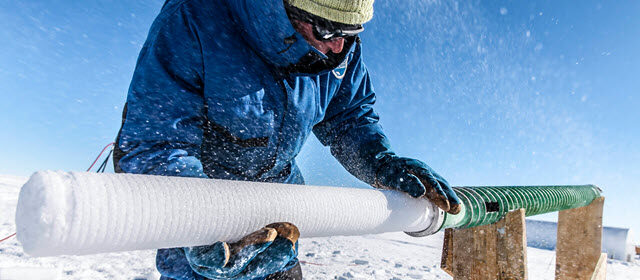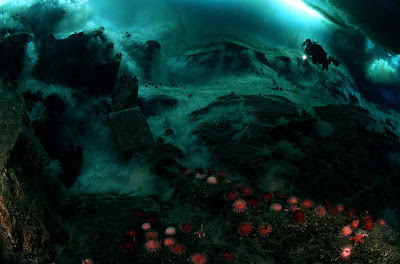Ghostly Particles from Outer Space Detected in Antarctica
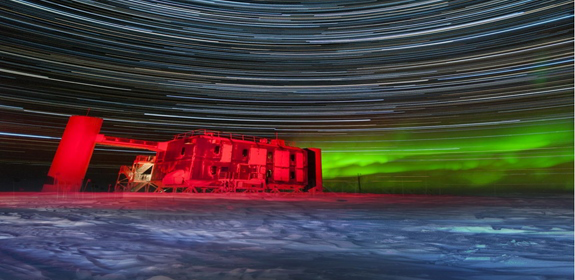
Buried deep in the Antarctic ice, an observatory has spotted ghostly, nearly massless particles coming from inside our galaxy and points beyond the Milky Way. Finding these cosmic neutrinos not only confirms their existence but also sheds light on the origins of cosmic rays, the researchers said. The IceCube Neutrino Observatory is made up of 86 shafts dug 8,000 feet […]
Read more
